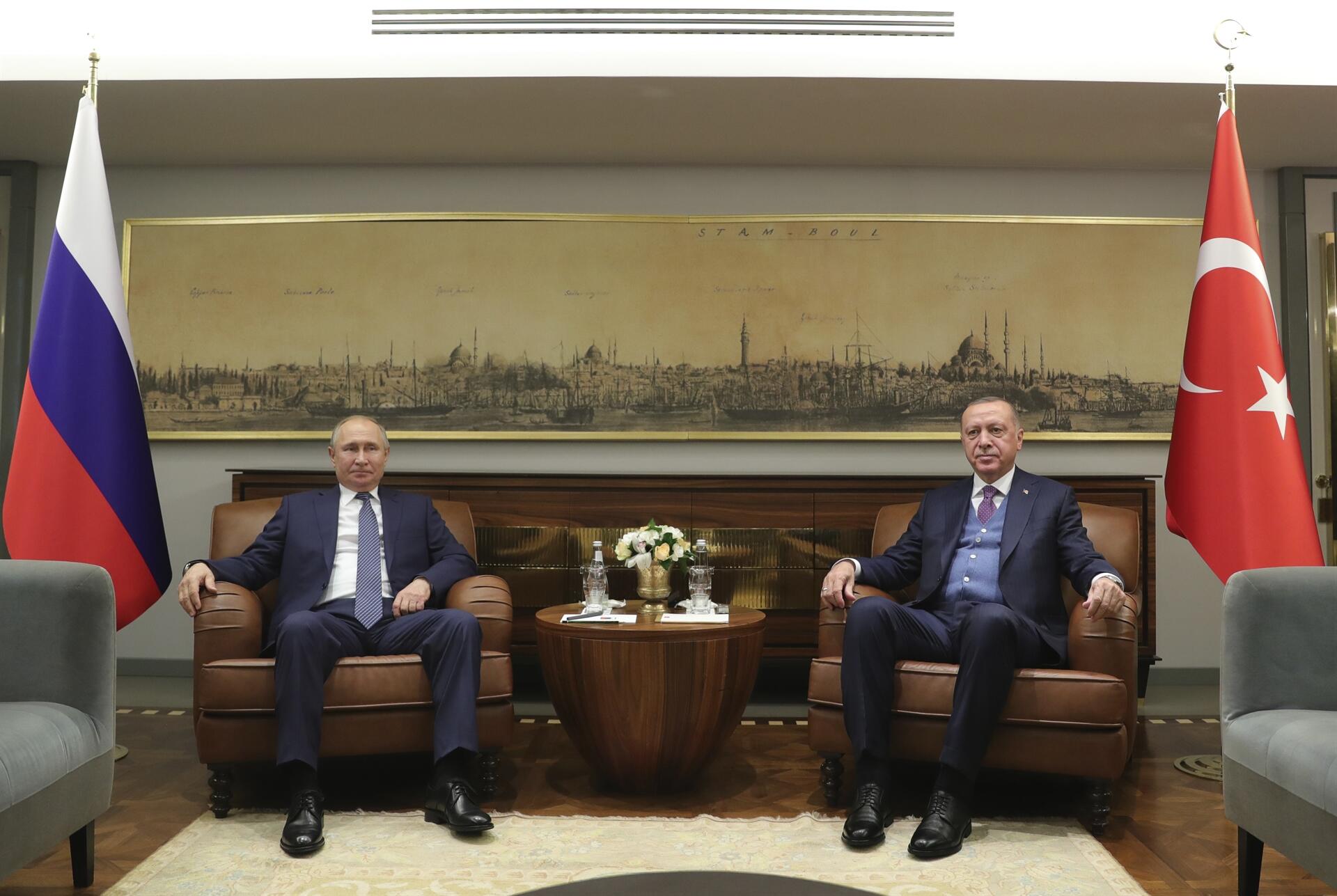Alwaght- Russian President Vladimir Putin met Turkish President Recep Tayyip Erdogan in Istanbul on Wednesday ahead of launching ceremony of the long-anticipated offshore pipeline TurkStream, that will deliver Russian gas to Turkey and further to southern European states.
The Wednesday meeting lasted more than one-and-a-half hours, according to the state-run Anadolu Agency.
The 930 km TurkStream pipeline running across the bottom of the Black Sea became operational, with the two leaders attending a special opening ceremony, Russia Today reported.
The TurkStream natural gas pipeline was created as an alternative to the South Stream pipeline after Bulgaria ditched the project in 2014, under pressure from the US. The two-string TurkStream boasts the total capacity of 31.5 billion cubic meters, with one line supplying Turkey and the other transferring the blue fuel to southern and southeastern Europe.
In a last-ditch effort to stop Russia’s energy projects, US President Donald Trump signed into law the massive National Defense Authorization Act in late December. According to the document, companies involved in the construction of both TurkStream as Nord Stream 2 could face US penalties unless they quit the Russian projects.
However, unlike Nord Stream 2, the offshore section of the TurkStream had been already completed by that time. Ankara has also vowed to retaliate against any US sanctions.
Some EU states are separately building their sections of the pipeline to get the gas supplies from Russia. In late December, Bulgaria announced its readiness to receive natural gas from Russia’s Gazprom via Turkey. The new route is more economically viable for the country and could make gas cheaper for its consumers by around 5 percent, according to the country's Energy Minister Temenuzhka Petkova.
Serbia is also looking forward to getting Russian gas supplies and has already completed its section of the pipeline. But the country is not directly linked to the pipe, and will have to wait until neighboring Bulgaria extends TurkStream to its border. Russian President Vladimir Putin earlier accused Sofia of deliberately delaying the construction of its section, warning that Moscow can find ways to bypass its territory, if necessary.
Serbia’s northern neighbor Hungary also wants to use the TurkStream natural gas pipeline to diversify national energy supplies. Budapest hopes that Sofia and Belgrade will finish their legs of the project in time, allowing it to get the first Russian gas supplies in 2021.



























